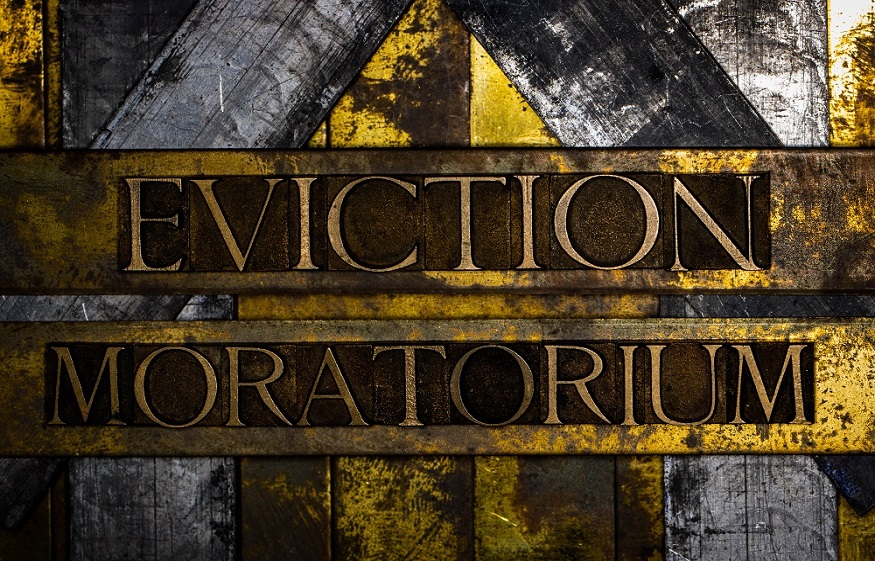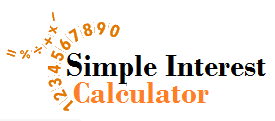
The federal government has made itself the proverbial knight on a white horse by placing a moratorium on evictions during the COVID crisis. For more than a year, Washington has prevented landlords from evicting tenants who don’t pay their rent. The most recent moratorium was set to expire in August 2021. The Biden administration extended it through October 3.
Unfortunately, what is intended to help renters will ultimately hurt them when the moratorium eventually expires. Rest assured that rents are going to go much higher once evictions are allowed to resume.
Here are three reasons explaining why the eviction moratorium will ultimately drive rents higher:
1. Independent Landlords Are Bailing
Let us start with independent landlords. These are individuals who own three or four houses – just enough to make a nice living and set aside a little for retirement. The last few months have been brutal to them. They have had to continue paying their mortgages even though rental payments haven’t kept up.
Many of these independent landlords are bailing. They are selling out to property funds and corporate investors more than happy to scarf up their properties and take the risk of not seeing any rental income for the next few months. The buyers can afford to do so. But as soon as they can start evicting, they will. Then they will jack up their rents.
As a side note, wealthy investors have plenty of access to hard money loans for acquiring new properties. Actium Partners, a hard money lender in Salt Lake City, says that hard money is perfect for real estate transactions because approval is based on asset value.
As long as hard money continues to flow, look for wealthy solo investors hoping to grow their portfolios to home in on distressed properties. They will go looking for independent landlords desperate to bail.
2. Landlords Making Up for Losses
Whether you are talking independent landlords, corporate investors, or wealthy individuals with substantial portfolios, they all have one thing in common: the desire to make up their losses. Landlords are business owners. They are not going to eat their losses if they can avoid it.
The end of the eviction moratorium will drive rents up as landlords seek to recoup at least some of what the moratorium cost them. For many of them, the losses include both past rent and maintenance costs. Remember that landlords have still had to maintain their property even though they haven’t been collecting full rent.
3. Other Renters Waiting in the Wings
Finally, landlords are smart enough to know that there are other renters waiting in the wings. Higher-priced rental units typically occupied by middle-class workers are proof. The owners of those units are not having a hard time filling them.
Owners of lower-priced units see that and realize they are missing out. Do not expect them to be content with the situation forever. Any opportunity to evict non-paying tenants represents an opportunity to rent to someone else who has the resources to make monthly payments.
As a side note, rental demand is one of the things that makes real estate such a solid investment opportunity. For as long as people are roaming the Earth, they will need housing. That means there will always be a demand for rental units.
The eviction moratorium is yet another example of government trying to help but, despite its best intentions, hurting in the long run. The moratorium did not solve a systemic problem. It only delayed the inevitable. In the end, rents are going to climb significantly while further jeopardizing renters already stretching their budgets to the breaking point.





